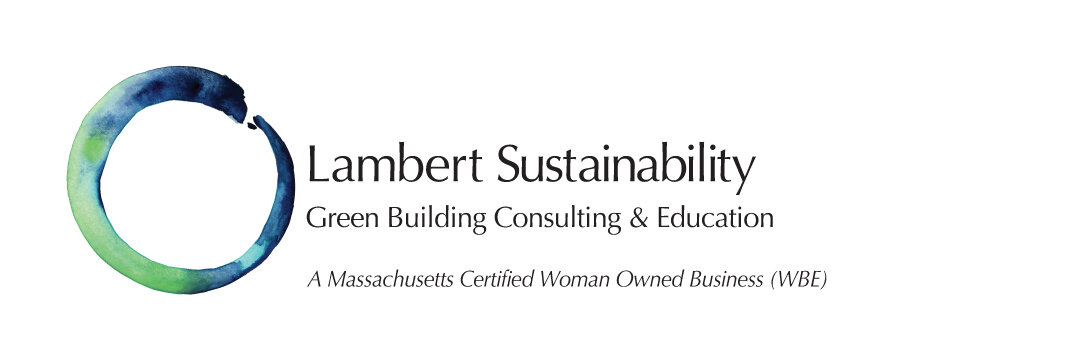Yesterday was the spring equinox, and also the release date of the newest IPCC report. And also happened to be the date of my son’s big presentation to his 5th grade class. These three things coalesced into clarity for me that we are staring down a crossroads.
Yesterday morning, my 11-year old son gave a presentation to his class on endangered species. He outlined all of the ways that humans are impacting ecosystems and causing species to become endangered, and potentially extinct. He then explained all of the ways that he and his classmates and others can do things differently in their everyday lives to reverse this trend. I was incredibly proud of him for delivering a compelling talk and also for the fact that, when given the assignment to research something he cares about, he chose this topic. But I am also very worried, and sad, for he and his classmates.
After his presentation, I went back to work and read the just released final installment of the Intergovernmental Panel on Climate Change’s (IPCC) Sixth Assessment Report-
"Climate change is a threat to human well-being and planetary health" (we have known this for a VERY long time).
"There is a rapidly closing window of opportunity to secure a liveable and sustainable future for all" (we have also known this for a long time).
"All global modelled pathways that limit warming to 1.5°C with no or limited overshoot, and those that limit warming to 2°C, involve rapid and deep and, in most cases, immediate greenhouse gas emissions reductions in all sectors this decade."
Rapid- we need to move quickly, not gradually; Deep- significant reductions in emissions are necessary (10% better than code won't cut it); Immediate- as in right now. In ALL sectors. In THIS decade.
That means today. That every single one of us in every sector, in every place needs to internalize those findings and immediately change the way we practice and live. 782 global scientists are in agreement that it is literally the only viable way to have a future on this planet.
In our built environment industry, some of us are working on net zero operational energy, embodied carbon reductions through low carbon concrete and mass timber, building reuse instead of demolition, zero ghg refrigerants, bio-based insulations, renewable energy sources instead of fossil fuels.
All are brilliant ideas, but none of them are common practice. All of them are still considered niche sustainability practices. How will we scale these strategies fast enough? How will we fundamentally alter our development ways?
What are all of you thinking about as the big moves for systemic change? I would love to hear your thoughts so that we can crowd source a path forward. Because I will be totally honest here, that when I first read about the United Nations Brundtland commission report from 1987, that defined a commitment to sustainable development “that meets the needs of the present without compromising the ability of future generations to meet their own needs” by the year 2000, and which compelled me to focus my career on this exact goal 23 years ago, I certainly thought we would be further along by now.
My 11-year-old son would very much like to live in a world that still has orangutans, his favorite animal and now critically endangered species, and I want to be able to tell him that he will.
https://www.wri.org/insights/2023-ipcc-ar6-synthesis-report-climate-change-findings


